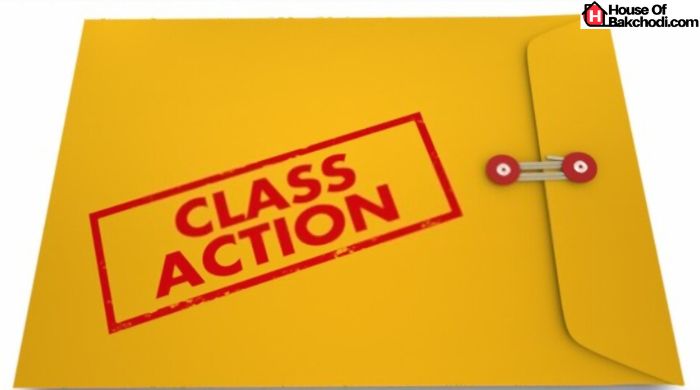Why Class Action Settlements Are Hard to Justify?
Class Action Settlements are made to settle the claims of a class of people. These settlements are certified by the courts after some time. Once the course is approved, the attorneys present the case to the judge or jury, and a verdict is rendered. Often, a settlement is reached without a trial, but sometimes the courts can reject a settlement. If this is the case, the lawsuit will move to appeal.
Page Contents
Class action settlements are difficult to motivate because of low claims rates
Low claims rates are one of the most cited reasons why class action settlement recoveries are hard to get. The low claim rate makes it difficult for plaintiffs’ counsel to attract clients and win cases. However, there are two critical reasons why class action settlements are hard to justify.
First, there are not many people in the class. Most plaintiffs’ attorneys cannot identify all class members without a claims process. This makes it difficult for defendants to know if the class is a genuine one. Moreover, the claimants of a class may not even be aware that they are a part of the class.
Second, there are few sources of data that can measure the effectiveness of class action settlements. However, large store chains often track their customers’ purchase behavior and use this information to design and direct their marketing. This data can also be used to deliver claims and payments. This may help improve class action settlement recoveries.
Attorney fees and costs are a significant part of a class action settlement
While attorneys’ fees and costs are an essential part of a class action settlement recovery, they should not be the sole determinant of whether or not the settlement is fair. In some cases, cy pres awards can be significant and should be excluded from the settlement, especially if the value of injunctive relief is not comparable to the fee award.
While it is difficult to calculate the amount of a class action settlement, attorneys and law firms generally receive a percentage of the final settlement amount. This percentage varies from case to case but is typically between thirty to forty percent.
The Advisory Committee process is not the best way to address contested issues of class-action procedure
The Advisory Committee process, as it is currently used, is not the best method to address contested issues of class-action procedural law. While it effectively addresses ambiguities and confusion, it does not work well for addressing hotly contested issues. For example, it is not an appropriate method to address matters contested by attorney’s fees in class-action settlements. Instead, questions about these issues should be addressed by the political branches of government, such as Congress.
The Advisory Committee process does not account for technological advances
Despite technological advancements, the Advisory Committee process has not kept up with the complexities of the claims process. For example, large store chains use customer purchase information to develop and direct marketing campaigns, which can directly impact claims and payments. This information can give consumers more effective and personalized notices and communications, which may increase the claims rate.




